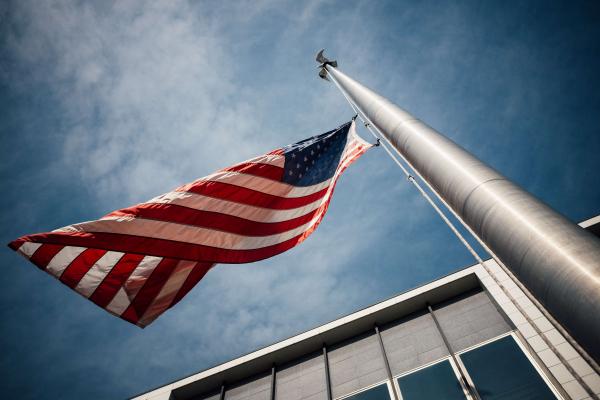Feb 14, 2019
On Ash Wednesday 2018, a group of elders met for a retreat together because of a national political crisis, which was also revealing a crisis of faith. At Pentecost, in overcrowded churches in downtown Washington, D.C., we launched a declaration that we called Reclaiming Jesus: A Confession of Faith in a Time of Crisis. More than 5 million people have directly responded to the Reclaiming Jesus declaration thus far and many more have been reached by it and are addressing the declaration in their churches. A declaration is becoming a movement to re-claim Jesus; the message of Jesus needs reclaiming at a time like this.
Read the Full Article

Already a subscriber? Login
